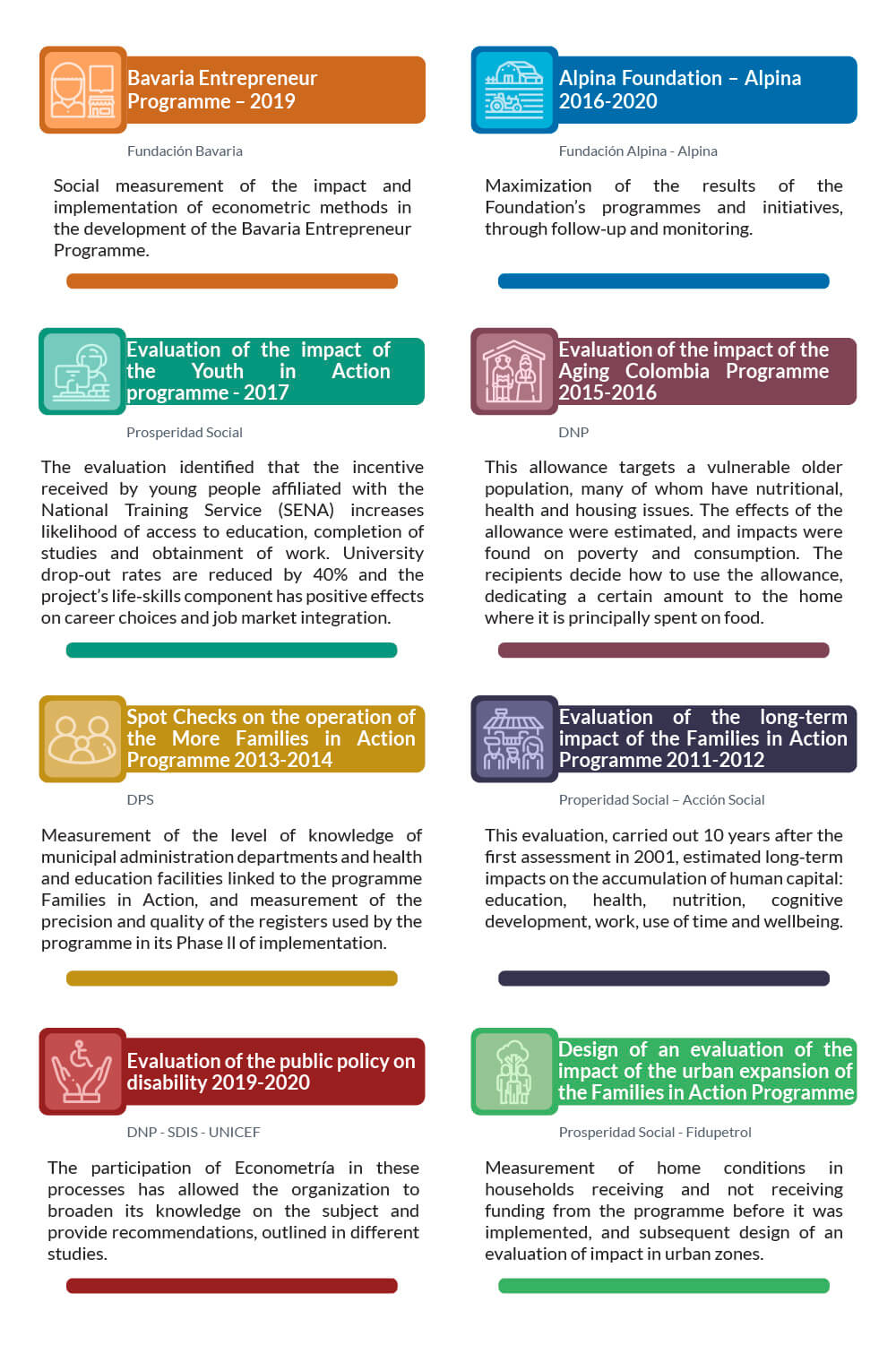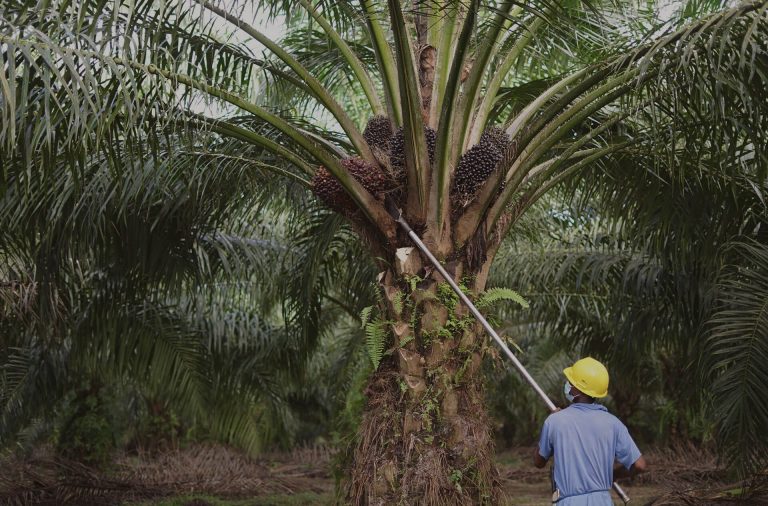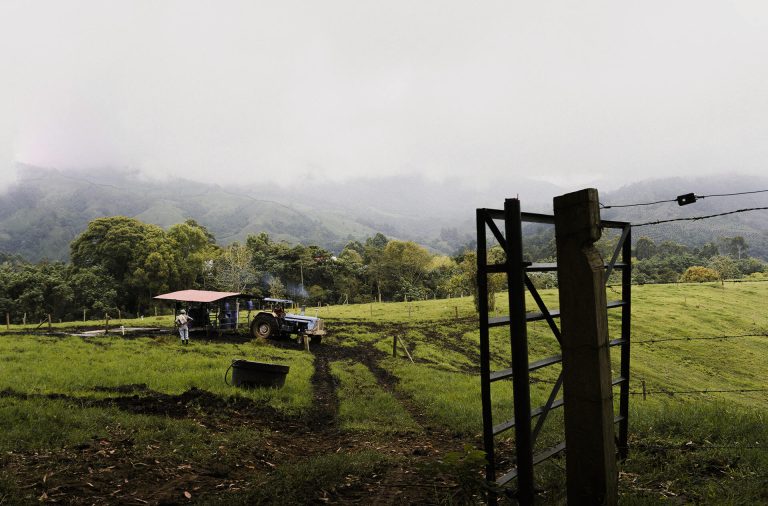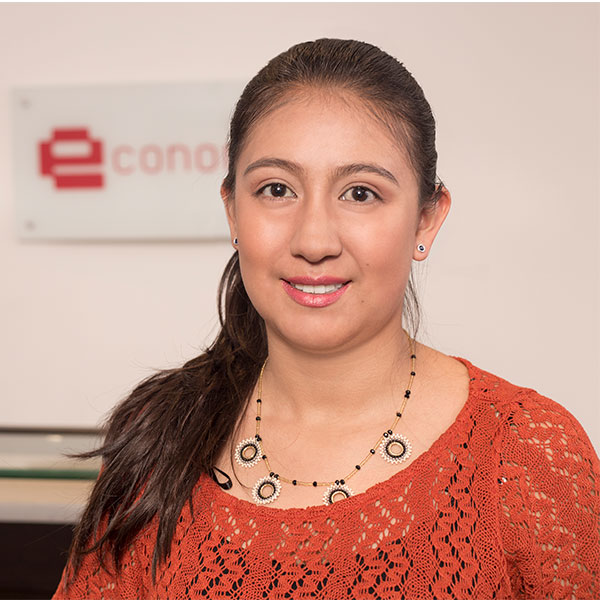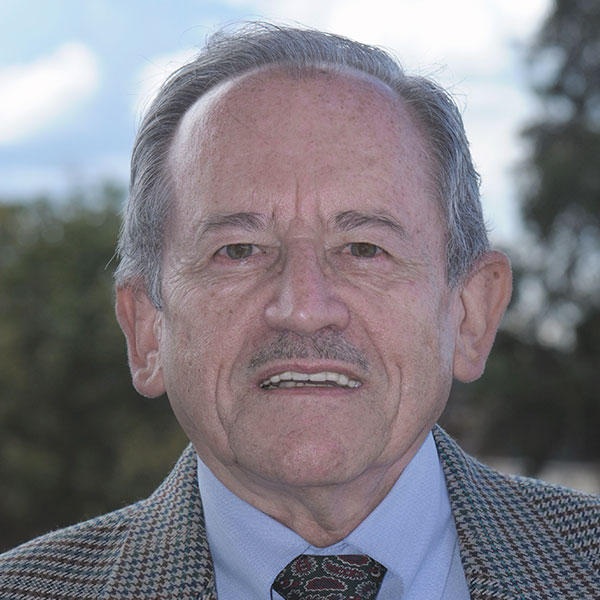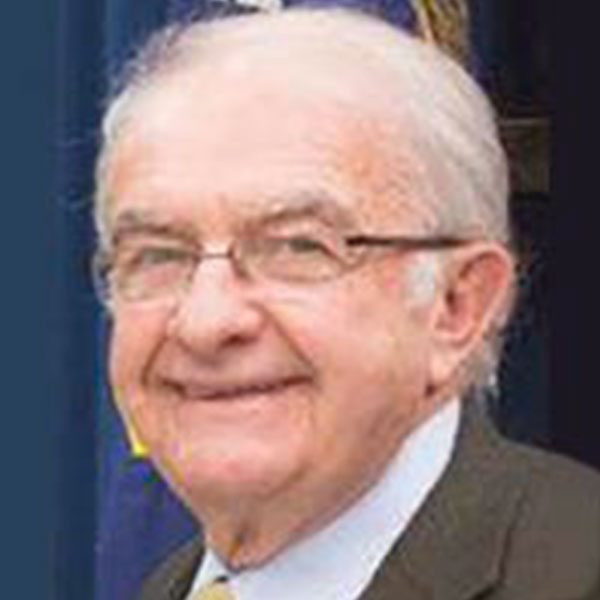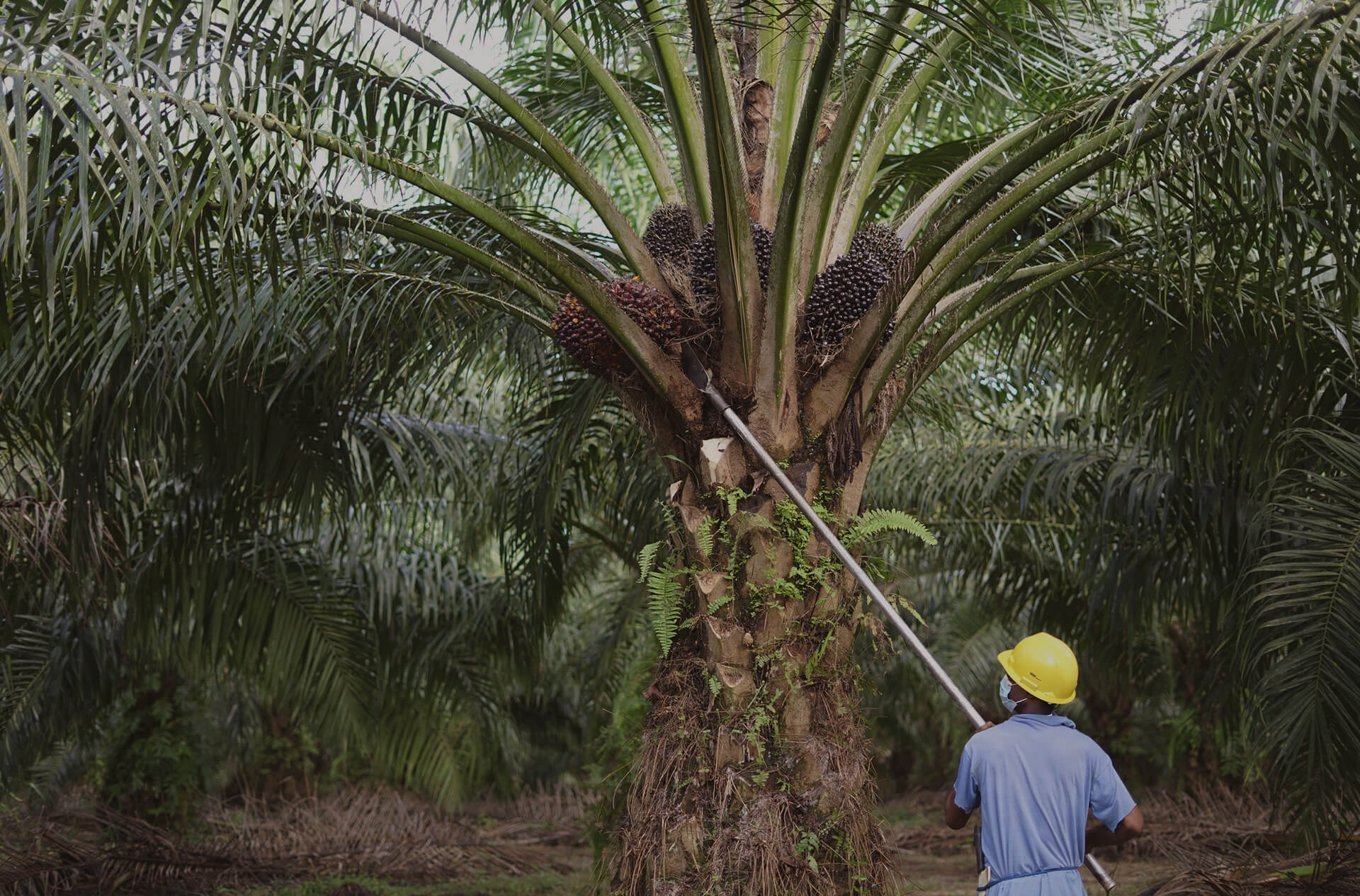
Study to identify and collect forced labor indicators
The study commissioned to Econometría Consultores by Partners of the Americas (POA) was aimed at investigating the labor indicators…

Consulting services in monitoring&E of policies, programs and projects.
Consulting in M&E of policies, programs, and projects for public and private entities, international cooperation agencies and non-governmental organizations. Optimize your decisions based on evidence. Sign in now.
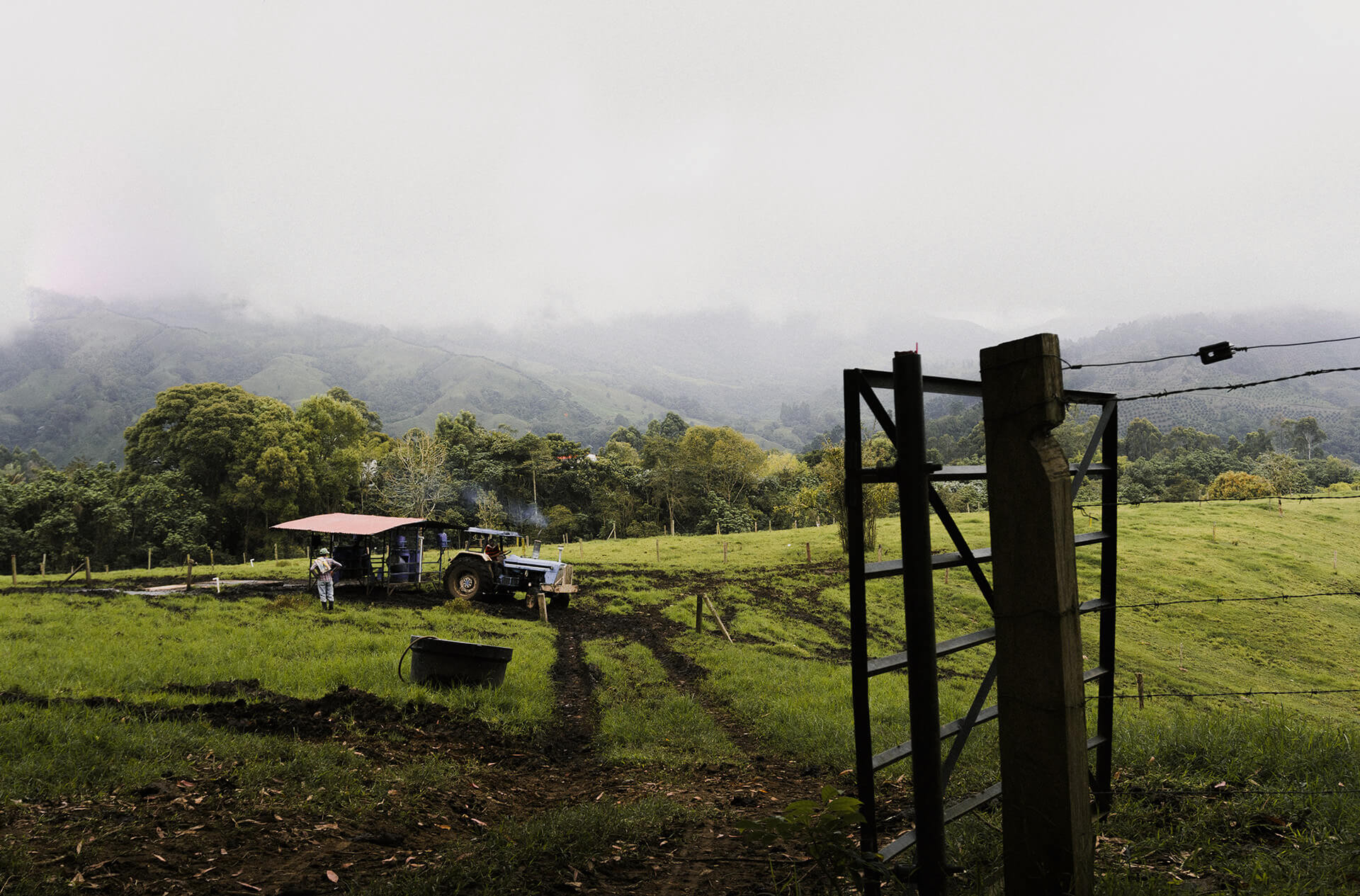
NGO Evaluations
In this week in which the day of NGOs is celebrated, Econometría highlights their contribution to the generation of evidence...

Evaluation for WFP
Econometría was granted the Evaluation Data Summaries (SEEs) project commissioned by the WFP-OEV...


